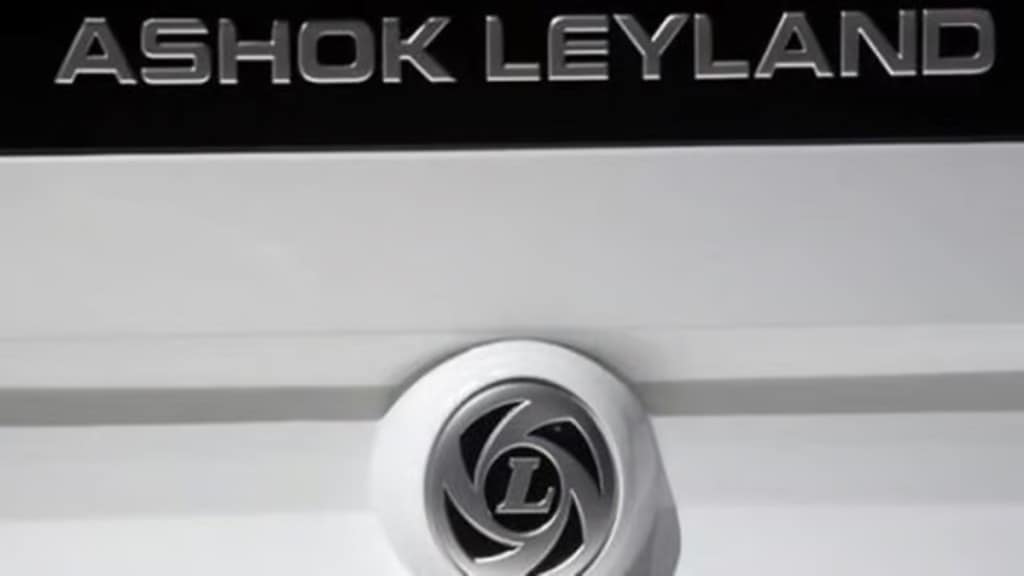Commercial vehicle manufacturer Ashok Leyland is actively developing a hydrogen-powered truck, targeting a commercial launch within the next 18 to 24 months, senior officials of the company said.
“They (hydrogen trucks) are undergoing trials. We are learning each day, and with those inputs coming back to R&D, we are trying to mature this technology to hydronise. From a commercial launch perspective, we are still 18-24 months away,” said Shenu Agarwal, MD & CEO of Ashok Leyland, during a press briefing on Monday.
N Saravanan, the company’s chief technology officer, highlighted that the hydrogen-powered trucks would feature gas-based engines similar to those in CNG or LNG vehicles. The company is collaborating with a major petrochemical manufacturer and is currently in the testing and development phase.
The flagship company of the Hinduja Group recently marked a milestone by delivering its first set of BOSS 14-tonne and BOSS 19-tonne electric trucks, along with the AVTR 55-tonne electric tractor, to Billion Electric Mobility, an e-mobility as a Service (eMaaS) company.
Billion Electric has placed a significant order for 180 electric vehicles—including the BOSS Electric Truck and the AVTR 55T Electric Tractor—from Ashok Leyland, with a deal valued at ₹150 crore. The company aims to begin delivering this order by Q4 FY25.
“On a commercial scale, this would be the biggest order for Ashok Leyland and could very well be the country’s largest single order for electric trucks,” Agarwal noted.
He mentioned that the company is currently manufacturing these trucks on a small scale but plans to establish a dedicated assembly line for electric trucks and other alternative fuel vehicles at its Hosur factory in Tamil Nadu.
“We will inaugurate the flexible line covering EV trucks and alternative fuels by Q4 of this fiscal year,” Agarwal said, adding that the new assembly line will have the capacity to produce 5,000 vehicles per year.
Agarwal also shared updates on Ashok Leyland’s upcoming plant in Lucknow, which is expected to be operational by Q3 of the next fiscal year. The facility will be adaptable enough to produce a variety of products using both traditional and alternative fuels, though it will initially focus on manufacturing e-buses.



















